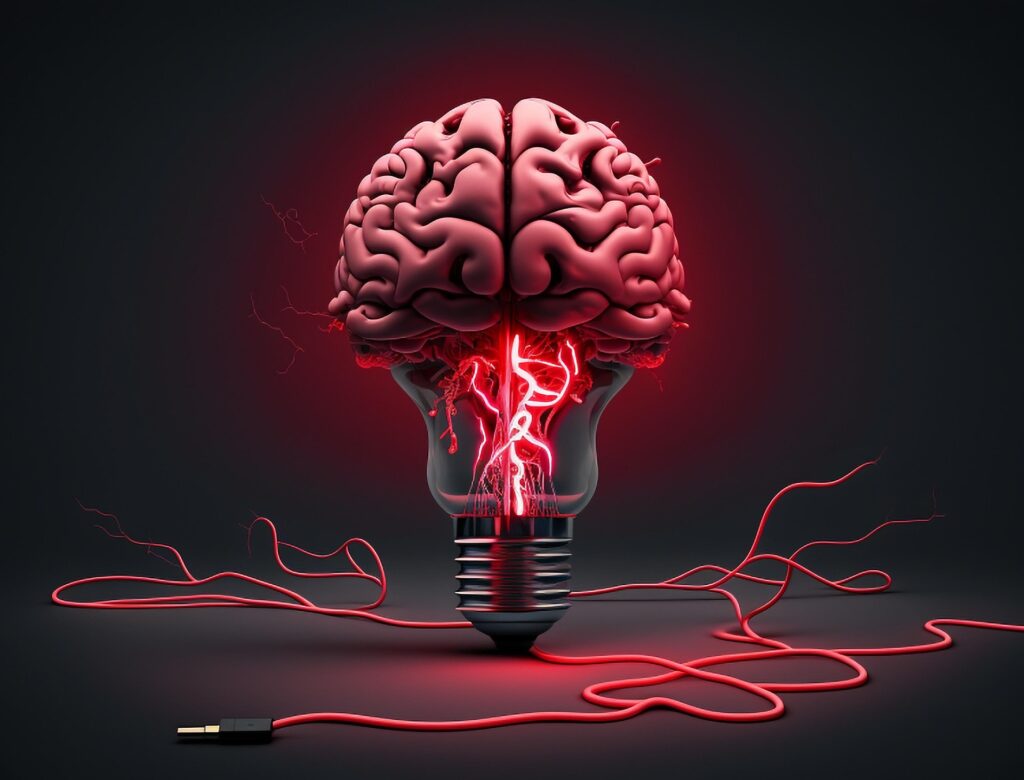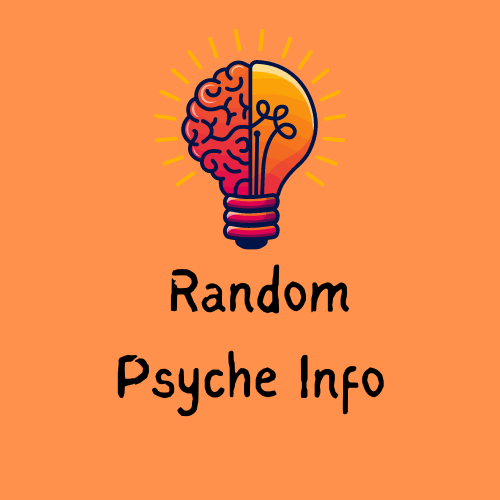True love has fascinated humanity for centuries, but what does psychology say about it? Is it a fleeting feeling, a deep emotional bond, or a biological trick to ensure survival? Science suggests that true love is a complex interplay of emotions, cognition, and behavior, rooted in both biological and psychological mechanisms.
The Psychology of Love: Breaking It Down.
Psychologist Robert Sternberg’s Triangular Theory of Love identifies three key components of true love:
- Intimacy – Emotional closeness, deep connection, and mutual understanding.
- Passion – Physical attraction, desire, and romance.
- Commitment – The conscious decision to maintain and nurture the relationship.
True love, according to this theory, happens when all three elements exist in balance. This is called “Consummate Love,” which is often considered the most enduring and fulfilling form of love.

The Brain in Love.
Neuroscientific studies show that true love activates certain areas of the brain associated with reward and pleasure. The release of chemicals like dopamine, oxytocin, and serotonin creates feelings of happiness, attachment, and trust. Oxytocin, often called the “love hormone,” plays a vital role in bonding and long-term attachment, reinforcing the deep connection between partners.

Attachment Styles and Love.
Psychologists suggest that attachment theory (developed by John Bowlby and Mary Ainsworth) plays a crucial role in how we experience love. Based on early childhood experiences, people develop one of the following attachment styles:
- Secure Attachment: People with this style feel safe, valued, and trust their partners. They experience deep, stable love.
- Anxious Attachment: These individuals fear abandonment and may seek excessive reassurance in relationships.
- Avoidant Attachment: Those with this style may struggle with emotional intimacy and resist deep connections.
True love thrives best when both partners have or develop a secure attachment style, fostering trust, understanding, and emotional safety.
The Role of Emotional Intelligence in Love.
True love is not just about passion or chemistry; it also requires emotional intelligence (EQ)—the ability to understand and manage emotions in oneself and others. Studies show that couples with high EQ handle conflicts better, communicate more effectively, and maintain long-lasting relationships.
Signs of True Love.
Psychologists identify several key behaviors that indicate genuine love:
- Unconditional Support: Loving someone despite their flaws and failures.
- Empathy and Understanding: Feeling your partner’s emotions and being compassionate.
- Mutual Growth: Helping each other grow emotionally, mentally, and even professionally.
- Commitment Through Challenges: Standing by each other in tough times, not just during happy moments.
True Love vs. Infatuation.
Infatuation is often mistaken for true love. It is intense but short-lived, driven by physical attraction and idealization. In contrast, true love deepens over time, built on emotional intimacy, shared values, and genuine companionship.
Can True Love Last Forever?
Psychology suggests that love evolves. Passion may fade, but intimacy and commitment can grow stronger with time. Long-lasting relationships require effort, communication, and adaptability. Studies show that couples who practice gratitude, engage in novel experiences together, and maintain physical and emotional intimacy tend to sustain long-term love.

Final Thoughts.
True love is more than just a fairytale. It is a combination of emotional bonding, cognitive commitment, and biochemical processes. Psychology teaches us that love is not just about finding the perfect person but about creating a deep connection through trust, respect, and mutual growth.

